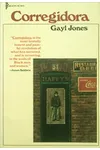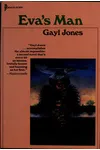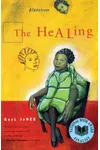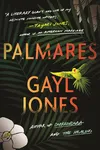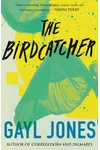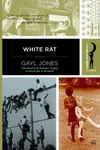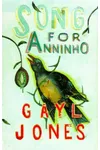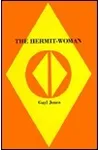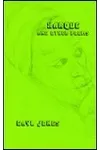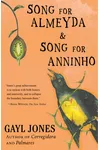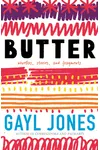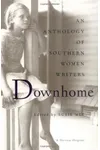Picture a storyteller who wove raw, haunting tales of African-American life, pulling no punches and leaving readers spellbound—meet Gayl Jones! Born in Lexington, Kentucky, in 1949, Jones burst onto the literary scene with her debut novel, Corregidora, at just 26. Her stories, steeped in the oral traditions of Black women, tackle heavy themes like slavery’s lingering scars, identity, and resilience with a voice that’s both lyrical and unflinching.
Jones’s work isn’t just storytelling—it’s a cultural force. Discovered by Toni Morrison, her novels reshaped how Black women’s experiences are portrayed in literature, earning praise from icons like James Baldwin. Despite personal challenges, including a retreat from public life, her legacy endures, inviting readers to confront history’s truths through her vivid prose.
The Making of Gayl Jones
Gayl Jones grew up in a creative household, with a mother, Lucille, who wrote fiction, and a grandmother who crafted religious dramas. By age seven, Jones was penning her own stories, inspired by the oral tales she heard on her grandmother’s farm. Her academic brilliance shone at Henry Clay High School, leading to a scholarship at Connecticut College, where she earned a BA in English. At Brown University, under poet Michael Harper, she honed her craft, earning an MA and DA. Harper introduced her to Toni Morrison, then an editor at Random House, who championed her groundbreaking debut.
Gayl Jones’s Unforgettable Stories
Jones’s novels are raw, rhythmic, and deeply rooted in African-American oral traditions. Her debut, Corregidora (1975), follows Ursa, a blues singer haunted by her ancestors’ trauma under slavery. Its stark exploration of sexual and psychological wounds stunned critics, with Morrison declaring it changed Black women’s literature forever. Eva’s Man (1976) delves into a woman’s psyche post-murder, its graphic intensity sparking debate but showcasing Jones’s fearless style.
In The Healing (1998), a National Book Award finalist, Jones explores redemption through Harlan, an itinerant faith healer. Her 1999 novel, Mosquito, a sprawling jazz-like narrative, follows a truck driver aiding immigrants along the US-Mexico border. Jones’s prose blends vernacular with stream-of-consciousness, creating a unique, conversational rhythm that echoes Zora Neale Hurston and Ralph Ellison.
Jones also wrote poetry (Song for Anninho, Xarque) and criticism (Liberating Voices), showcasing her versatility. Her work often confronts violence and sexuality, reflecting the complexities of Black identity and resilience, making her a pivotal voice in 20th-century literature.
Why Gayl Jones Matters
Gayl Jones’s impact is seismic. Her unflinching portrayals of Black women’s lives challenged stereotypes and expanded the scope of African-American literature. By weaving oral traditions into modern narratives, she validated storytelling as a powerful cultural tool. Her influence ripples through writers like Toni Morrison and Alice Walker, who tackled similar themes of trauma and identity. Despite stepping back from public life after personal tragedies, including her husband’s 1998 suicide, Jones’s 2021 novel, Palmares, a Pulitzer finalist, proved her voice remains vital.
About Gayl Jones
- Born: November 23, 1949, Lexington, Kentucky
- Key Works: Corregidora, Eva’s Man, The Healing, Mosquito, Palmares
- Awards: National Book Award finalist (The Healing), Pulitzer Prize finalist (Palmares)
Ready to dive into a literary journey that’s raw, rhythmic, and unforgettable? Snag Corregidora or The Healing and discover why Gayl Jones is a titan of African-American storytelling!
